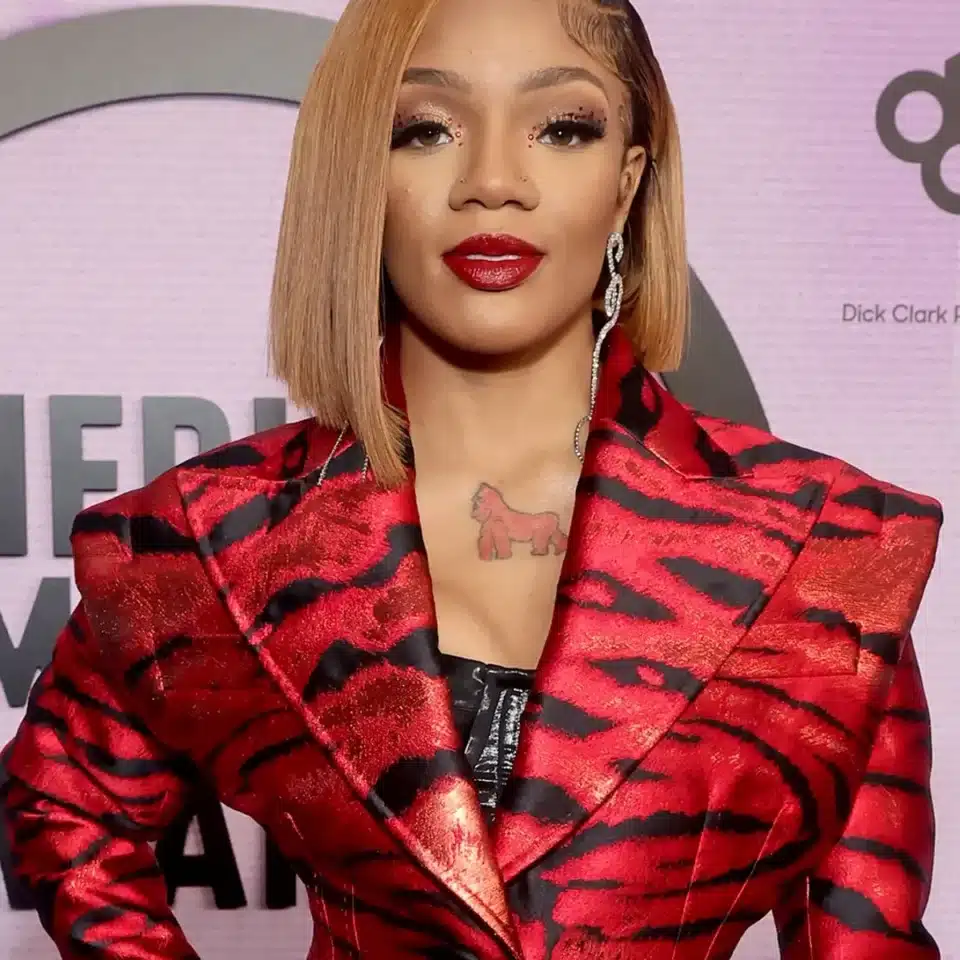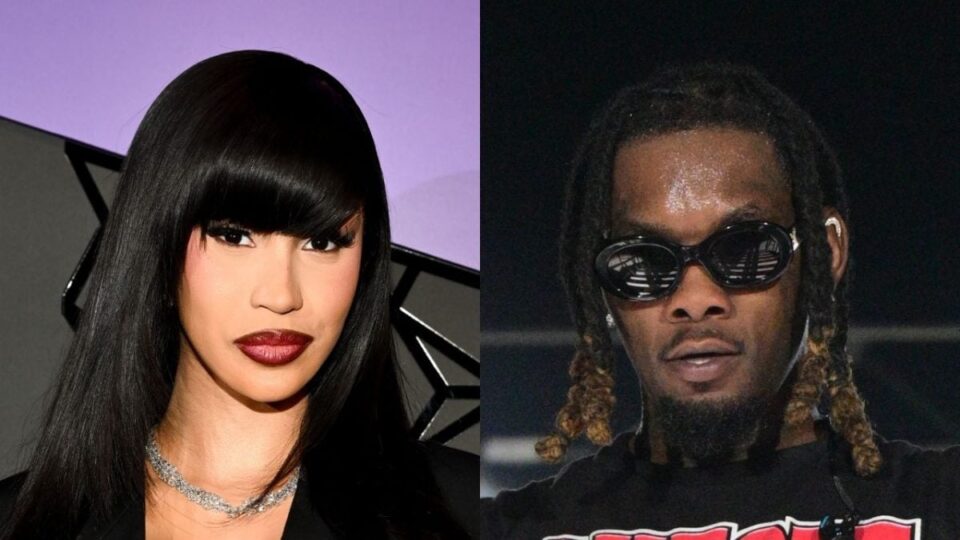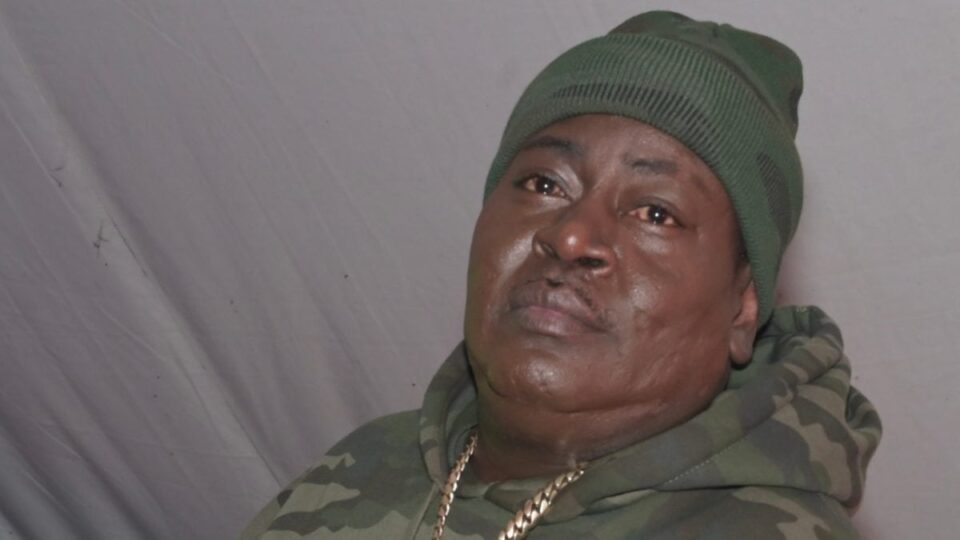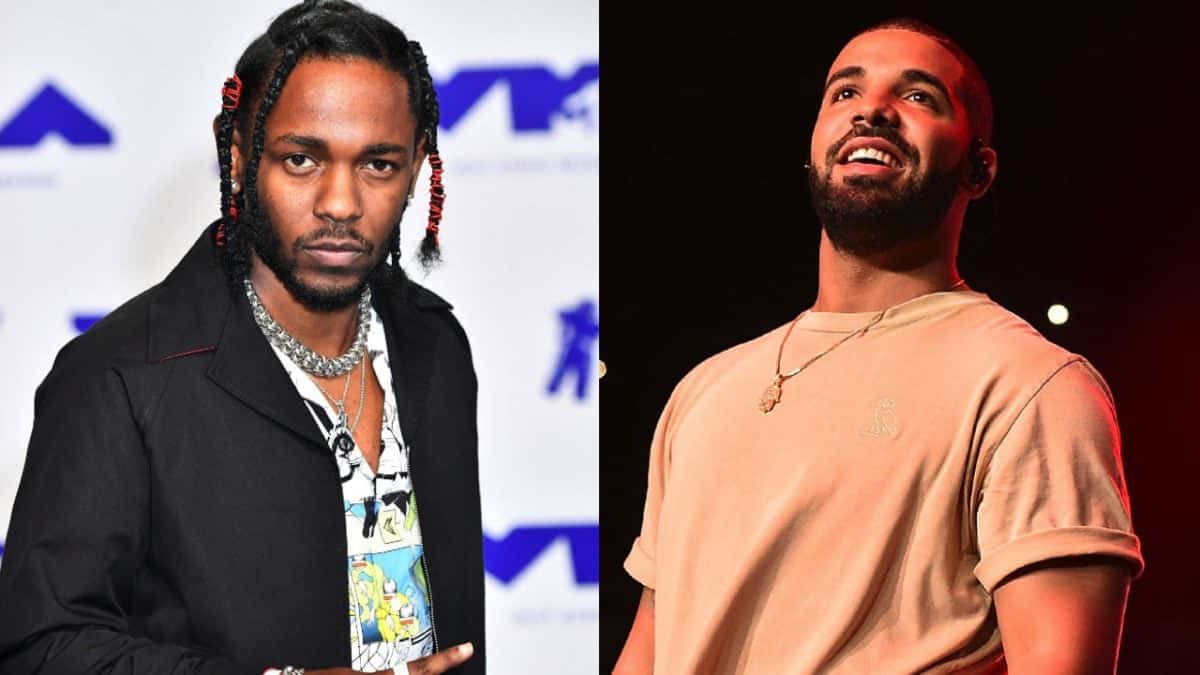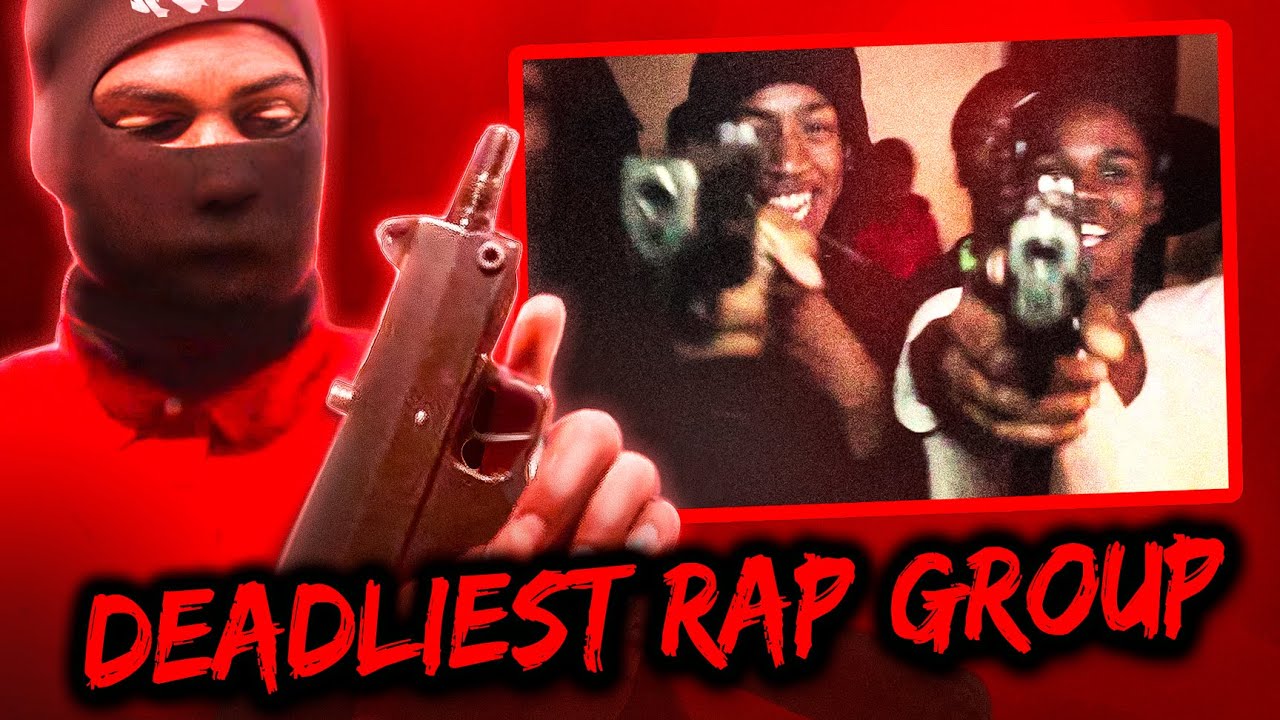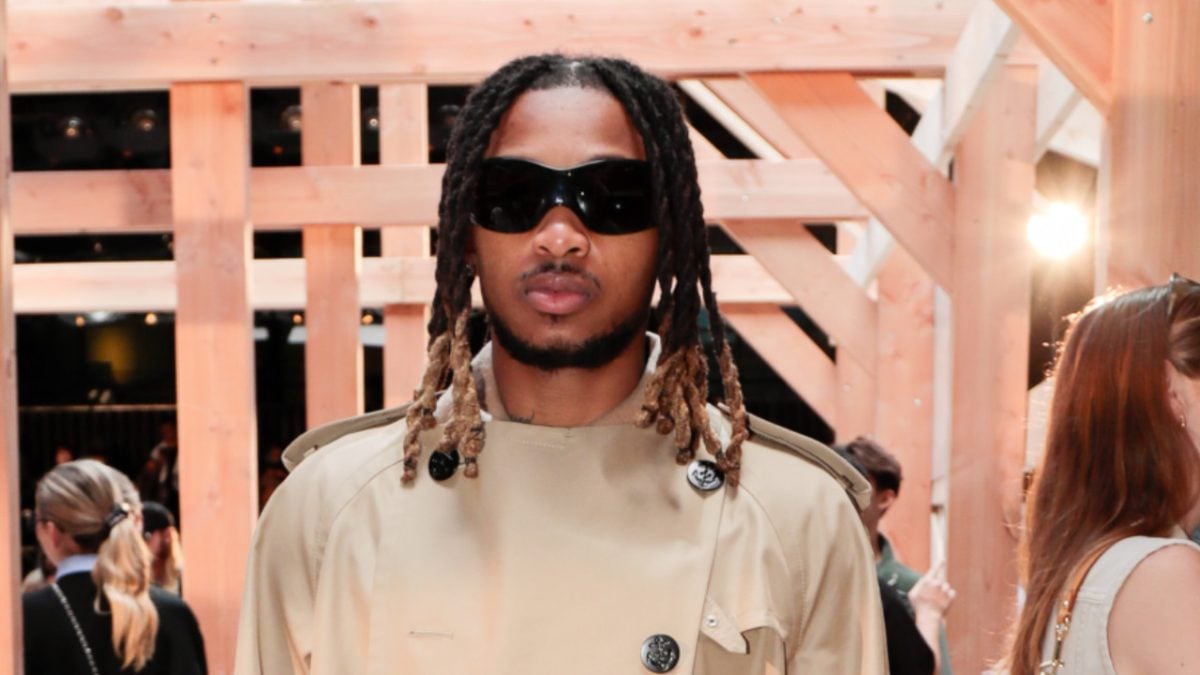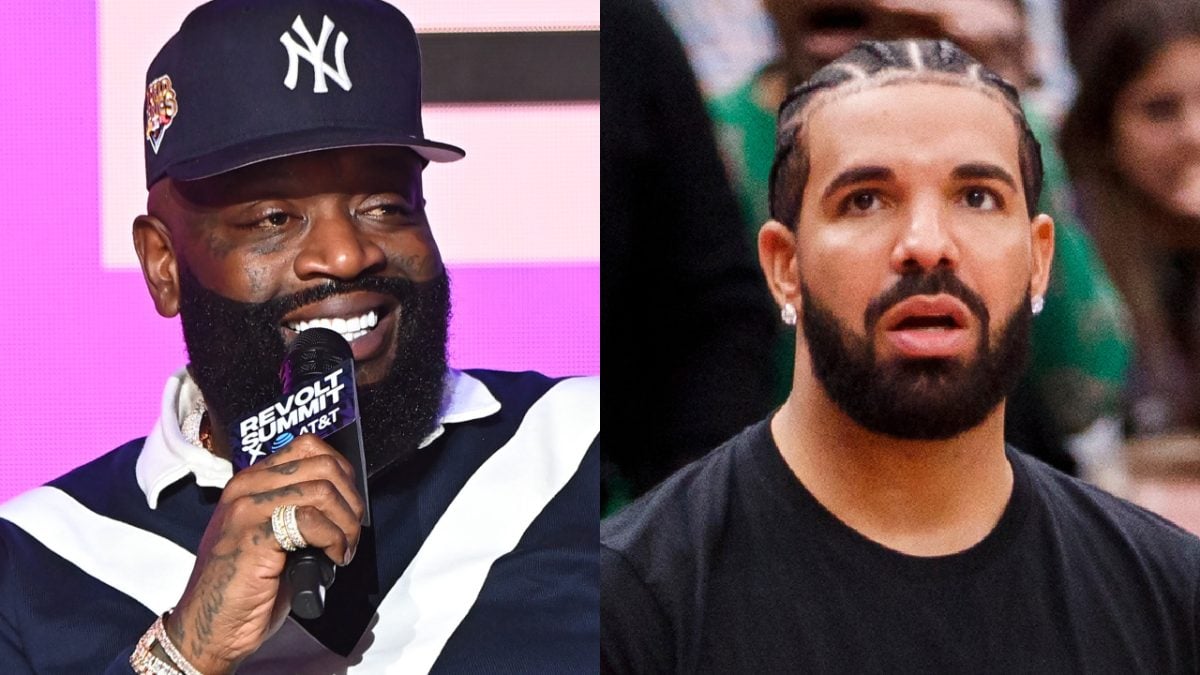GloRilla has had an incredible year, but her latest song preview has caused quite a stir. Teasing an upcoming track on social media, one lyric sparked immediate controversy. “Me and my b*tch r******d,” she rapped, igniting a heated debate.
The term used by GloRilla is considered hate speech by the Special Olympics, as it can deeply offend those with intellectual disabilities. As soon as the snippet hit social media, opinions flooded in from all corners of the internet. While many users criticized the use of the word, others defended GloRilla, suggesting that the context matters if it’s not aimed at someone with a disability.
One user on X commented, “Why are we still using the R-word in 2024? I can’t get with this one.” Another agreed, “Ion like that R-word so it’s a no for me.” Yet, GloRilla has her defenders who argue, “Generation too damn weak and sensitive.” This clash of opinions has only fueled the debate further.
Historically, similar incidents have stirred public opinion. In 2022, Lizzo faced backlash for using the term “spaz” in her song “Grrrls.” Disability advocate Hannah Diviney called out the artist, leading Lizzo to change the lyrics and release a statement explaining her decision. “I never want to promote derogatory language,” Lizzo said, acknowledging the hurt words can cause.
The current debate surrounding GloRilla’s lyrics brings similar sentiments to the forefront. As different generations clash over language use, the conversation about what is considered offensive continues to evolve. What remains clear is that words hold power and can impact individuals deeply, whether the intent is malicious or not.
The uproar over GloRilla’s lyrics highlights ongoing sensitivities and generational divides regarding language. As society grapples with what is deemed acceptable, it’s evident that words have significant influence. The debate continues, leaving many to ponder the boundaries of artistic expression.
